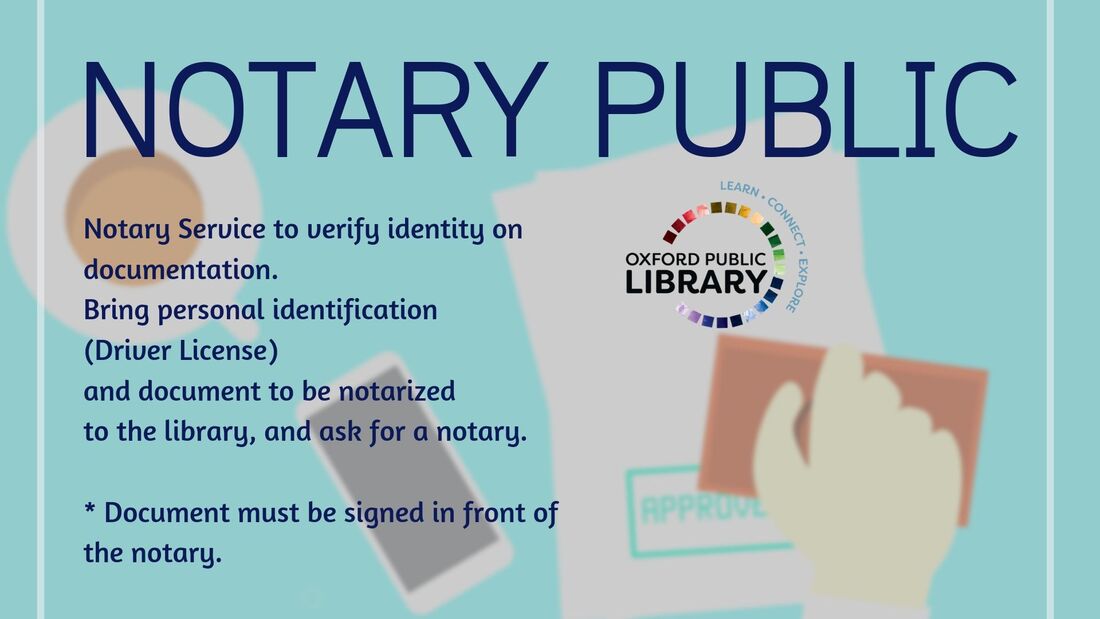Notary Public: Your Trusted Witness and Document Authenticator
Wiki Article
Demystifying Notarial Work: Simplifying the Role and Significance of Notaries
In the intricate web of legal documentation and confirmation, notaries stand as columns of assurance and credibility. Their duty, commonly shrouded in mystery for many, carries substantial weight in guaranteeing the legitimacy and stability of important records. As guardians of legality and truth, notaries play an essential part in our culture, yet their work is not always fully understood. By unwinding the complexities losing and surrounding notarial methods light on the relevance of their acts, a more clear understanding arises of the vital duty notaries play in promoting the textile of lawful and contractual contracts.The History of Notarial Job
How did notarial work evolve gradually to become an integral component of lawful and business deals? The background of notarial work go back to old civilizations, where scribes played a vital duty in tape-recording vital information and validating documents. As societies advanced, the demand for a much more formalized system to ensure the validity of contracts arose. This caused the advancement of notaries, individuals selected by the state to serve as unbiased witnesses in legal matters.
During the Middle Ages, notaries acquired prominence in Europe, with their functions increasing to consist of preparing lawful records, certifying trademarks, and preserving records. The increase of worldwide profession further highlighted the significance of notarial operate in verifying contracts and agreements throughout boundaries.
In the modern-day period, notaries continue to play an important role in lawful and business transactions by verifying identifications, validating the authenticity of files, and stopping fraud. Their function in licensing the legitimacy of arrangements includes a layer of security and depend the ever-evolving landscape of business and regulation.

Responsibilities and Responsibilities of Notaries
Notaries play an essential function in confirming the authenticity of files and the identification of signatures. One of their primary responsibilities is to witness the finalizing of crucial files, such as agreements, acts, and wills, to ensure that all events are entering into contracts purposefully and voluntarily.In addition, notaries are tasked with providing affirmations and oaths, which are vital in legal process and the execution of testimonies. They license copies of initial papers, supplying guarantee to organizations that the copies are true reproductions of the originals. Notaries have to maintain accurate documents of all deals they supervise to make sure transparency and liability. Generally, the responsibilities and obligations of notaries are vital in protecting the stability and legitimacy of numerous papers and transactions.
Notarial Certificates and Signatures
Exhibiting meticulous interest to information, notarial certifications and trademarks act as crucial components in verifying the credibility of lawful documents. Notarial certifications generally include critical information such as the day of notarization, the names of the notaries, a description of the paper, and the notary's main seal. These certifications supply a clear document of the notarial act, ensuring that the record can be easily determined and traced back to the notary that looked after the procedure.Trademarks play a crucial role in notarial job, as they signify the arrangement and consent of the celebrations involved. Notaries meticulously witness the finalizing of documents to validate the identification of the notaries and validate that they are signing of their own cost-free will. By affixing their official seal and trademark to the paper, notaries license that the necessary procedures have been complied with which the document is enforceable and valid.
Fundamentally, notarial certifications and signatures are the trademark of credibility in legal purchases, providing guarantee to Extra resources all parties entailed that the documents are reputable and binding.
Significance of Notarial Acts

Notarization Process Discussed
Discussing the notarization procedure provides clarity find on the necessary actions associated with confirming lawful records. The registration process normally starts with the specific providing the document to a notary public. The notary then verifies the signer's identity through acceptable identification methods. Once the identity is confirmed, the notary makes sure that the specific signing the paper does so voluntarily and with no threat.
Final Thought

Notarial certifications commonly include vital information such as the day of notarization, the names of the signatories, a summary of the record, and the notary's main seal. These certifications give a clear record of the notarial act, guaranteeing that the document can be easily determined and mapped back to the notary that looked after the process.
By attaching their main seal and signature to the file, notaries accredit that the needed treatments have been complied with and that the paper is legitimate and enforceable.
By confirming the identification of the signatories, verifying their readiness to enter right into the arrangement, and licensing the day and place of the finalizing, notaries play a crucial function in supporting the credibility of legal papers.After the record is authorized, the notary will certainly attach their main seal or stamp onto the paper.
Report this wiki page